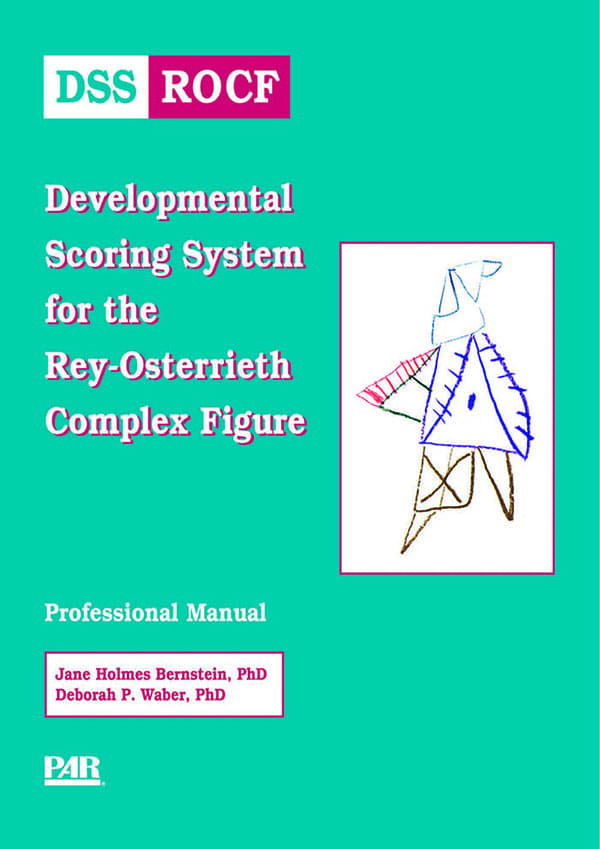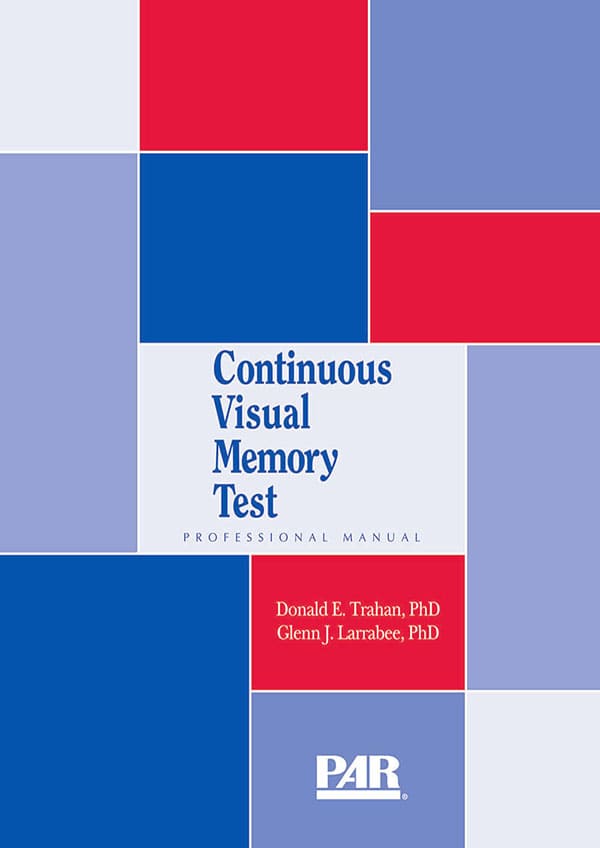Description
The Dot Counting Test (DCT) is a brief task that assesses test-taking effort in individuals. This convenient instrument allows you to detect a lack of effort on cognitive measures, whether it is intentional (malingering) or unintentional (unconscious). The DCT measures an “overlearned” skill that is preserved in all but the most severe brain injuries. Because of this, a poor performance on the DCT suggests a lack of effort. A validity study reported in the manual compared the DCT scores of 85 “suspect effort” patients (previously identified as “under attempts” by rigorous inclusion and exclusion criteria) to those of patients in seven “normal effort” diagnostic groups: Depression, Schizophrenia, Head Injury, Stroke, Learning Disability, Mild Dementia, and Nonclinical. This study verified the ability of the DCT to discriminate among patients based on their effort status.







